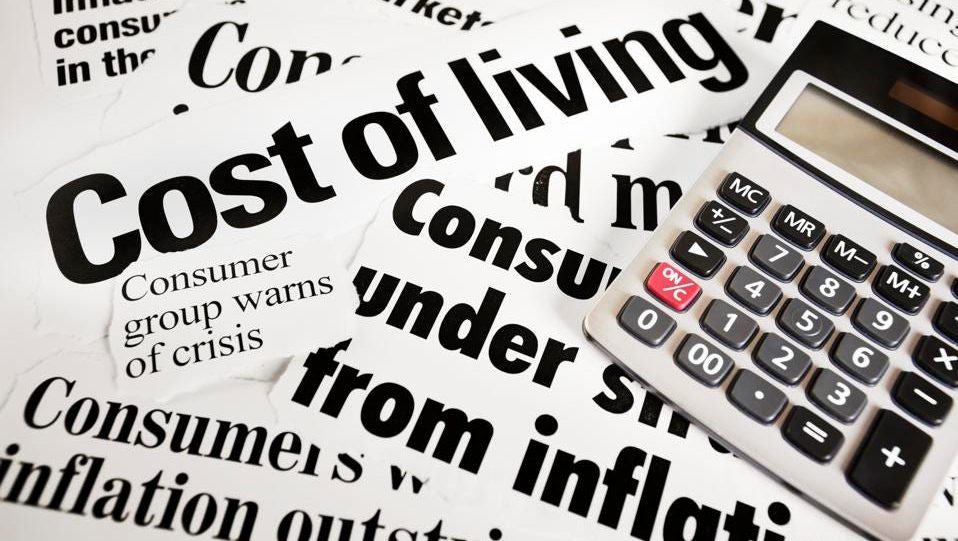The impacts of the Russia- Ukraine tension have brought in a colossal hit in the market sector. It has heavily impacted business in Russia thereby affecting major supply chains across the globe sending the commodity prices on an upward trajectory.
As the war between the two countries rages on, many countries have suspended business with Russia. Commodity prices have been skyrocketing mainly due to supply shortages, particularly since the two countries are among the top world exporters of common goods.
Russia is one of the major players in global agricultural markets. It is a major supplier of grains and agricultural inputs such as fertilizer.
Agriculture Cabinet Secretary Peter Munya announced the possible increase in the price of fertilizers to over 7,000 shillings for a 50kg bag from a stand of 6,000 shillings which is an increase from a low of 4,000 shillings last year.
The rise in prices has been attributed to high prices of natural gas in Europe which forced some manufacturers to stop or curtail production.
Typically, the wheat market has also been struck. Russia is the world’s top wheat exporter and the largest producer after China and India while Ukraine is among the top five wheat exporters worldwide.
The war has interrupted supply which has resulted in to increase in the cost of the commodity worldwide.
ALSO READ: Four Major Essential Commodities Impacted By the Russia Ukraine War
Recent studies show that wheat and wheat products account for one-third of the average national cereal consumption in the Eastern Africa Region, with the highest consumption per capita in Djibouti, Eritrea, and Sudan. Yet, 84 percent of wheat demand in the region is met by imports.
Some African countries highly depend on the two countries for wheat imports. Some of the countries that will be affected by wheat shortages include Sudan, Kenya, and Ethiopia which could see the price of wheat in the three countries surge further.
Gas prices have also risen as a result of global supply changes. Russia is the world’s second-biggest exporter of natural gas. In Kenya, the cost of refilling liquefied petroleum gas (LPG) cylinders has increased by at least 15 percent, with a 6kg cylinder now costing 1,560 shillings.
This is according to Rubis Energy Kenya review on Friday 4th March 2022 that pushed its retail prices, increasing the refilling price close to 120 shillings. This has led to huge losses among gas dealers since people have turned into other means such as kerosene, charcoal, and kerosene.
Commodities such as oil prices have spiked to their strongest weekly gain since the middle of 2020, with West Texas Intermediate (WTI) up nearly 20 percent and Brent up 14 percent after hitting their highest levels in a decade this week.
Countries that export to Russia and Ukraine are also likely to experience huge losses due to the ongoing conflicts. Globally, Russia is the 13th largest importer of agricultural products such as Citrus, Cheese, bananas, wines, soybeans, apples, pears, beef, and palm oil.
These products are mainly imported from countries like Turkey, Brazil, China, Italy, France, and Germany. African countries like South Africa will also be affected since the country depends on Russia for apple and pear exports.
Kenya’s exports of tea, flowers, coffee, and fruits have also been affected. Russia has been the 5th-largest consumer of Kenya’s tea.
According to industry data, Russia bought 29.61 million kilos of tea worth 6.25 billion shillings last year from 25.14 million kilos valued at 5.02 billion shillings in 2020. Kenya’s exports to the country are estimated at nearly 10 billion shillings annually.
Meanwhile, commodity prices especially those imported from the two countries are expected to surge further as the war continues.
Article by Jane Muia
